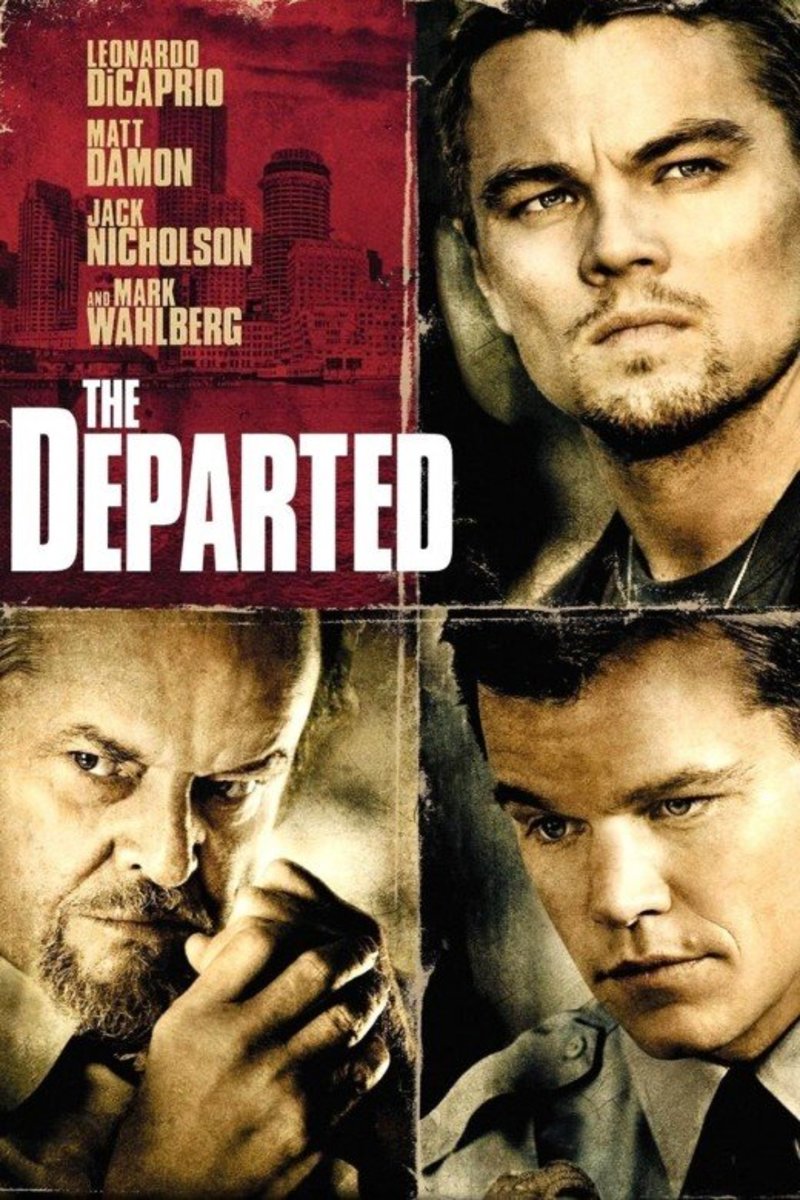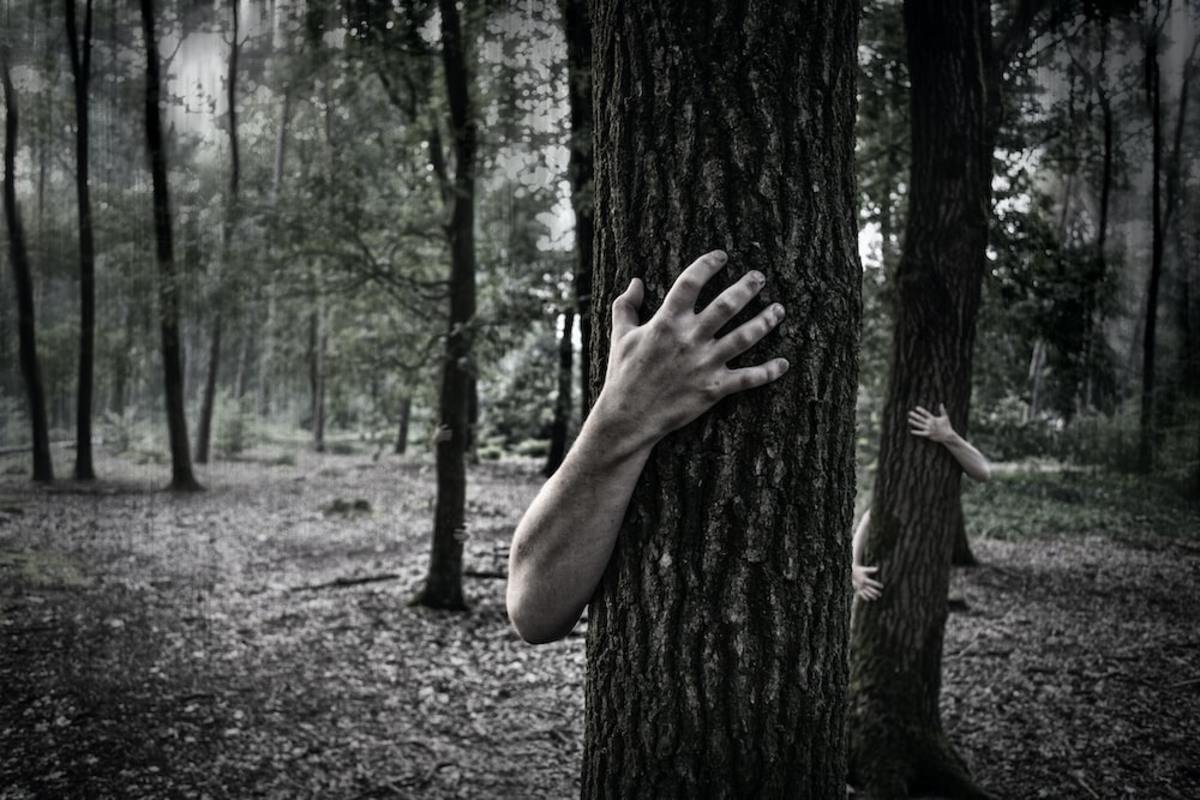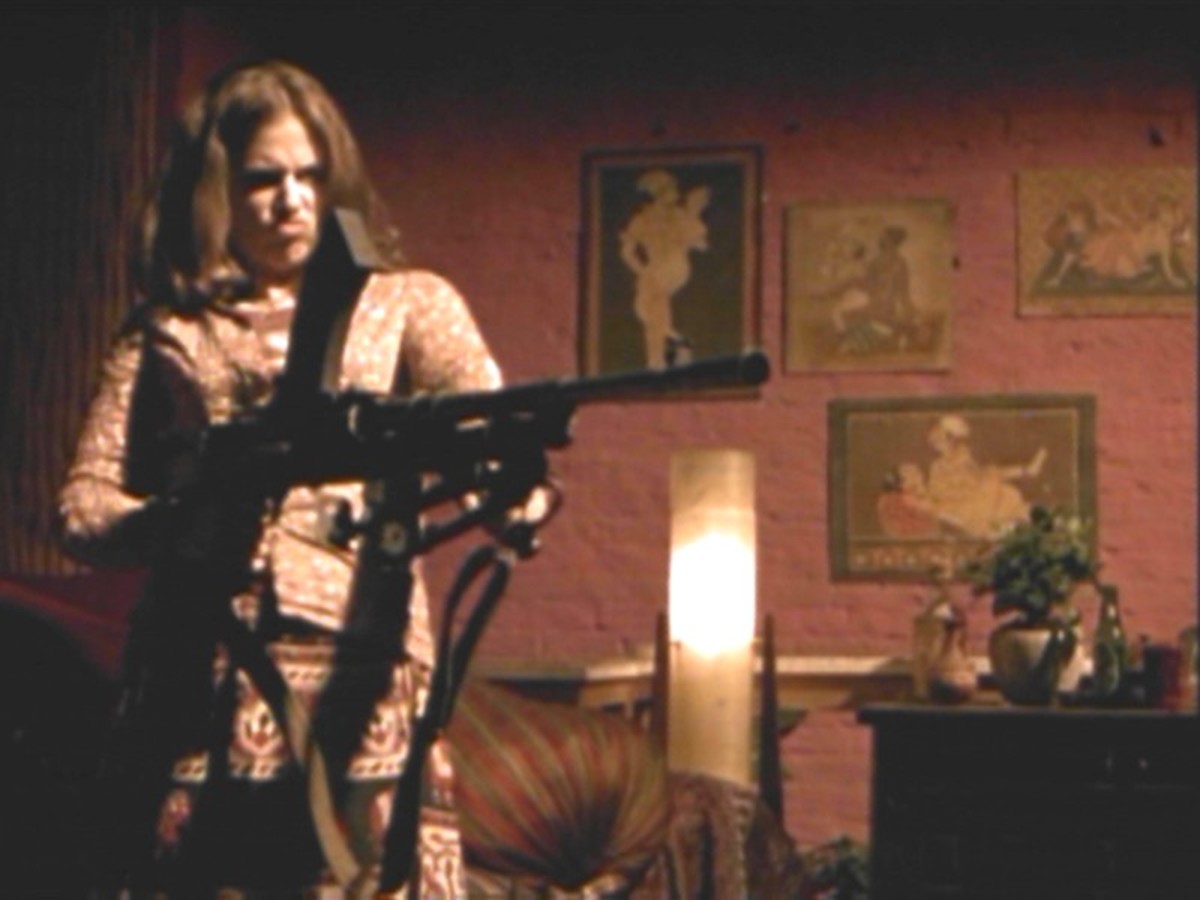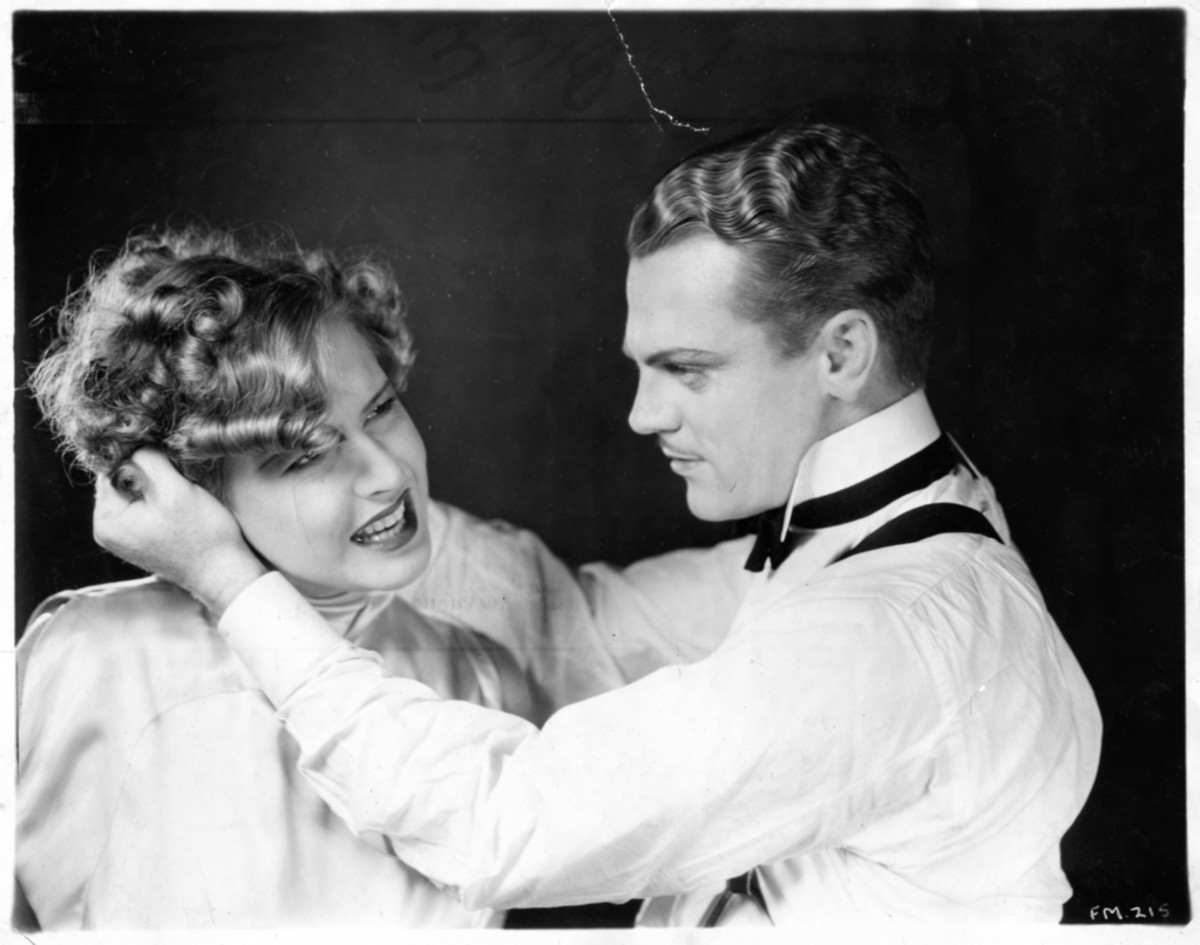Chinatown (1974): A Movie Review
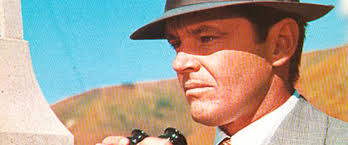
The Haunting Theme Song
I just watched Chinatown a couple of days ago, having borrowed the DVD for free from my local public library.
The first thing that strikes me is the haunting theme song. What does that word haunting mean? That is one of those words that is thrown around a lot. But I've been thinking about it.
I was thinking about it last night. Why do I call the theme song of Chinatown haunting? What do I personally mean by it?
I've been thinking about the word specifically in relation to music. I believe that I had a minor revelation last night.
Throughout my life, each and every piece of music I have ever thought of as haunting has one thing in common: X piece of music that I have ever thought of as "haunting" has made me want to become a cooler, more magnetic, more in control version of myself.
I have come to the conclusion that to be haunted can have at least two meanings:
- It can mean that one is plagued by a ghost that he wants, in an anguished way, to get rid of.
- It can also mean that there is a ghost that he wants, in an anguished way again, to catch hold of; that "ghost" is, as I say, a better, cooler, more magnetic, more in control version of himself.
A Better Version of Oneself
All of this, as a preamble, brings us to the review of the film.
It is the haunting and haunted tone, for lack of a better word, that elevates Chinatown from the ranks of a great genre film into that of a great film in general.
The Maltese Falcon may be a great piece of film noir. But it does not rise above that because it lacks the haunting and haunted tone that Chinatown has.
Make sense, man!
Jack Nicholson's character, the private detective in Chinatown, is haunted by a ghost he hopes to catch: The guy who gets the job done right this time.
As with almost all hard-boiled, private eye crime fiction, Nicholson's character, "Jake," used to be a police officer, a detective. His district of responsibility was Chinatown in Los Angeles.
In one point in the film, Jake declares to the femme fatale character that as a police officer in Chinatown, Los Angeles, he tried to do "as little as possible." But one apparently noble thing that he did was try to "keep somebody from getting hurt," a young lady. However, somehow, things turned out in such a way that he "made sure" that the person "did get hurt."
You know something, friends?
I am tempted to say that all great drama must have the haunting and haunted tone. The main character(s) must be almost tormented by a better version of himself that made different choices, that did not make the mistake(s) of the past which led to such profound regret in the present. And he must be given a similar go round for the purposes of the present drama.
Will he get it right this time?
Or
Will he screw the whole thing up, yet again?
For instance, take the Arthur Miller play, Death of a Salesman.
Willie Loman, the main character, the titular salesman, is haunted by at least two ghosts of better versions of himself.
- Suppose he had taken his brother, Ben, up on his offer to manage some properties for him in Alaska. What a different life he would have led! What a different life it would have been for him and his boys --- oh, and Linda too, his wife, I guess... Under those circumstances, he would have been able to express his true self (his skill at carpentry and working with his hands), as opposed to his false self, a salesman (he is not very good at sales and never has been). His life and that of his family would have taken a far different trajectory.
- Suppose his oldest son, Biff, had not caught him in the affair he had with the secretary in Boston. Biff would not have let his failing math exam grade hinder his high school graduation. He would have let his old man, Willie, persuade his teacher to let Biff take the test again. Something would have been worked out. Biff would have then went on to college and played football; and then he would have went "into business" and been a smashing success... blah, blah, blah...
- Willie ultimately concludes that his last chance to "get it right this time" is to kill himself. You see, if he kills himself, his family --- but mainly the one he loves most, Biff, his oldest son --- will collect the insurance money on his life. With "twenty thousand dollars in his pocket, he can be ahead of Bernard again."
- Bernard is the son of his best friend, next door neighbor, and rival: A man called Charlie (or "Uncle Charlie"). Charlie offers Willie a job, more than once in the play: "You can make a hundred dollars a week, and I won't put you on the road."
- Basically, Willie cannot take the job, because to do so would be to admit the abject failure that his life has been; it would be to admit to utterly wrong almost all of his life choices had been. And so on and so forth...
- Anyway, if Willie kills himself, his son, the beloved Biff, would have twenty thousand dollars in his pocket and be "ahead of Bernard again." Willie would have finally done "something right," as he sees it. He would have finally been effective as a father.
Anyway...
Well, anyway, I would say that at least three (possibly four) characters in Chinatown are haunted in the way I have been describing.
Once again, --- not that anybody asked --- in The Maltese Falcon nobody (least of all Sam Spade [Humphrey Bogart's character] is haunted by anything. Yes, Sam Spade does make an impassioned speech about a detective doing right by his detective partner, and all that, but he, Sam Spade private detective, is not shown to suffer from any profound regret in the movie.
It is not redemption Sam Spade seeks, but justice, pure, un-distilled justice for his dead partner.
In Chinatown, Jake may seek justice. But he primarily seeks to get it right this time: to prevent "somebody from getting hurt."
Let me tell you, friends. When Jack Nicholson's character fails, again, to prevent "somebody from getting hurt," near the end of the film, it's almost as his skeleton collapsed within his skin.
Anyway, I give this film a 9 out of 10.
I could give a plot summary, but you can get that anywhere, and I have already gone on at length.
Thank you for reading!



